Women’s Rights in Democratizing States: Just Debate and Gender Justice in the Public Sphere
This study offers an explanation for why advances in women's rights rarely occur in democratizing states. Drawing on deliberative theory, Denise Walsh argues that the leading institutions in the public sphere are highly gendered, meaning women's ability to shape the content of public debate and put pressure on the state to advance their rights is limited. She tests this claim by measuring the openness and inclusiveness of debate conditions in the public sphere during select time periods in Poland, Chile and South Africa. Through a series of structured, focused comparisons, the book confirms the importance of just debate for securing gender justice. The comparisons also reveal that counter publics in the leading institutions in the public sphere are crucial for expanding debate conditions. The book concludes with an analysis of counter publics and suggests an active role for the state in the public sphere.
{{comment.content}}
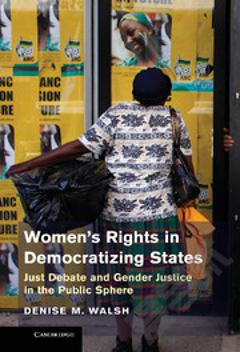

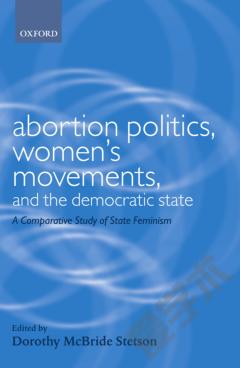
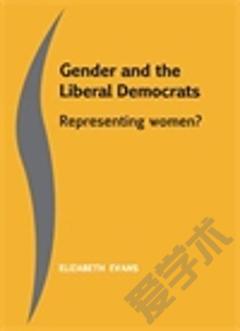
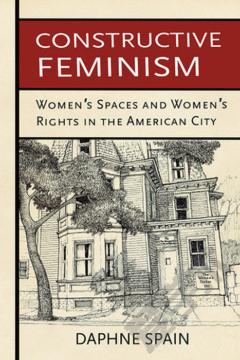
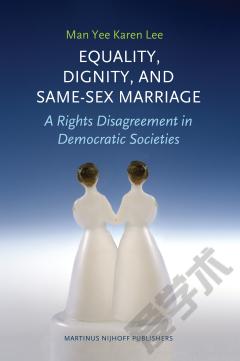


 京公网安备 11010802027623号
京公网安备 11010802027623号